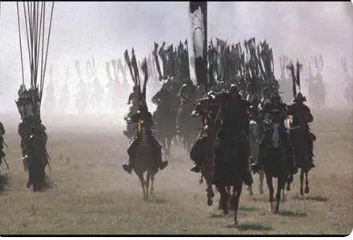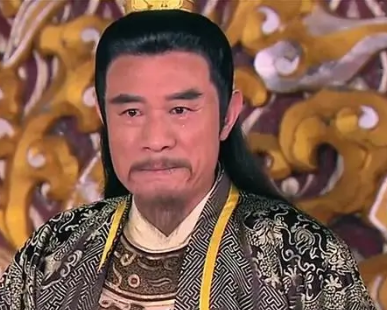In Chinese history, the Three Kingdoms period was an era filled with heroes and outstanding figures. Among them, Liu Bei and Zhuge Liang, as a monarch and his minister, were hailed as having a "bond as deep as fish and water," jointly devoting tremendous efforts to the establishment of the Shu Han Kingdom. However, behind their shared political pursuit, there existed certain differences in their political ideals, which led to a superficial unity beneath their apparent agreement. This article aims to explore the political ideals of Liu Bei and Zhuge Liang and their differences.

Firstly, Liu Bei, as a formidable monarch, had a political ideal focused on reviving the Han Dynasty and achieving unity. In the late Eastern Han Dynasty, when warlords vied for power and the country was fragmented, Liu Bei, as a descendant of the Han royal family, naturally bore the responsibility of restoring the country and reunifying it. To achieve this goal, he recruited talents extensively and forged a close bond with Zhuge Liang, jointly planning their grand cause.
On the other hand, Zhuge Liang, as an outstanding strategist, had a more pragmatic and far-reaching political ideal. In his "Strategy of Longzhong," Zhuge Liang proposed the strategic concept of "allying with Wu to resist Cao Wei and dividing the world into three parts." He advocated capturing Jingzhou as a foundation, followed by Yizhou as the root, and finally launching a northern expedition to the Central Plains to achieve unity. This concept reflects Zhuge Liang's keen insight into the current situation and long-term planning.
Although both Liu Bei and Zhuge Liang were committed to unifying the country, there were certain differences in their political ideologies and methods. Liu Bei valued human relationships and emphasized benevolence, attempting to strengthen his power by cultivating good relationships and associating with virtuous talents. Zhuge Liang, on the other hand, focused more on the rule of law and strategy, believing that only strict discipline and careful planning could ensure the long-term stability of the country.
Moreover, Liu Bei and Zhuge Liang also differed in their use of talents. Liu Bei was adept at discovering talents and was able to accommodate people with diverse personalities and abilities, such as generals Guan Yu and Zhang Fei, as well as scholars like Zhuge Liang and Pang Tong. Zhuge Liang, on the other hand, was more rigorous in his selection of personnel, advocating the appointment of only the most capable individuals to key positions.
In conclusion, while Liu Bei and Zhuge Liang jointly contributed to the establishment of the Shu Han Kingdom, there were certain differences in their political ideals. Liu Bei emphasized human relationships and benevolence, while Zhuge Liang focused more on the rule of law and strategy. This difference, to a certain extent, led to their superficial unity beneath apparent agreement. However, it was precisely this difference that allowed them to complement each other and jointly contribute to the prosperity of the Shu Han Kingdom.
Disclaimer: The above content is sourced from the internet and the copyright belongs to the original author. If there is any infringement of your original copyright, please inform us and we will delete the relevant content as soon as possible.
































